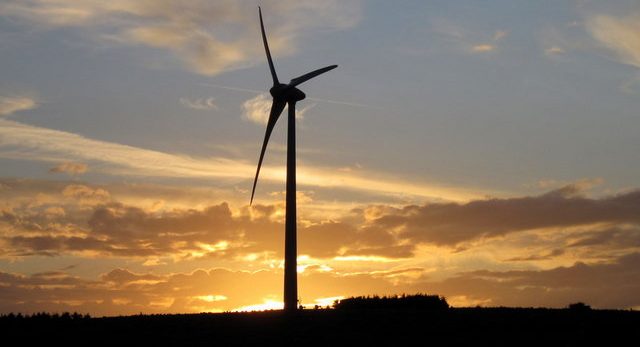The role of renewable energy is getting more and more important on the International Energy Market. Many countries decided to shift from traditional to alternative energy sources reducing burning coal or even stopping it and abandoning nuclear energy generation. The renewables are replacing the traditional sources of power generation in an attempt to create sustainable space for working and living and contribute in a more efficient protection to the environment.
We have presented that the European countries, such as Portugal, Germany and Spain, have relied on the energy generated by renewable sources: wind, water, waves and tides, sunlight, biofuels, geothermal heat, etc. The results are surprising and very positive. For example, in Portugal the recent test proved that the entire country was able to run on renewable energy alone for 4 days.
Portugal used successfully the alternative sources for energy in 2013 getting up to 70% in consumption of electricity; the main source of energy for that country comes from biofuels and waste. The introduction of renewable sources, such as wind and hydropower, has been increasing its presence in the energy market of Portugal since 1990’s, and since 2006 with geothermal and solar. The contribution of renewables into the total power consumption in Portugal grew from 25,7% registered in 2013 to 63% in 2014[1].
Germany, leader in using of renewable energy sources, registered that the 95% of the energy consumed on May, 8th came from renewables. After abandoning nuclear energy programmed for 2022, according to the plan called Energiewende, Germany has a target to reach in 2050 80% of energy that comes from renewable sources.
Another example of a successful use of alternative sources for energy is in Spain where hydropower contributed in 30% to the total energy generated in April of this year. The rest of renewable sources generated around 40% more of energy during the same period, making the total contribution of 70%. Spain scheduled the closure of carbon stations in 2025, cutting the corresponding subsidies in 2018. In 2050 the energy generation is planned to be 100% derived from renewable sources. This is the right moment to start transition in a more active way and train properly the personnel of the energy sector, experts say.
The shift from traditional to alternative sources for power generation has many advantages. One of them is the immediate ecological improvement because of the reduction of CO2, SO2 and NOx emissions which impact negatively both on our health and the environment. This is also a clear case of getting a cheaper energy due to imbalances produced between power generation and consumption. We cannot but accept that the energy production is driving towards more sustainable and clean energy sources. The renewable power sources have already proved that they are reliable and contribute highly to the EU’s energy efficiency.
[1] 2015 showed a lower indicator due to drought, 50,4%.
Fuentes:
-
Portugal ran entirely on renewable energy for 4 consecutive days last week
-
Portugal vive cuatro días seguidos solo con energías renovables
-
Hito energético de Portugal: 4 días sólo con renovables
-
Alemania logra autoabastecerse con energías renovables
-
Las energías renovables hacen que, por un día, el precio de la luz sea negativo en Alemania
-
La hidráulica aportó en abril el 27,3% de la energía en España












